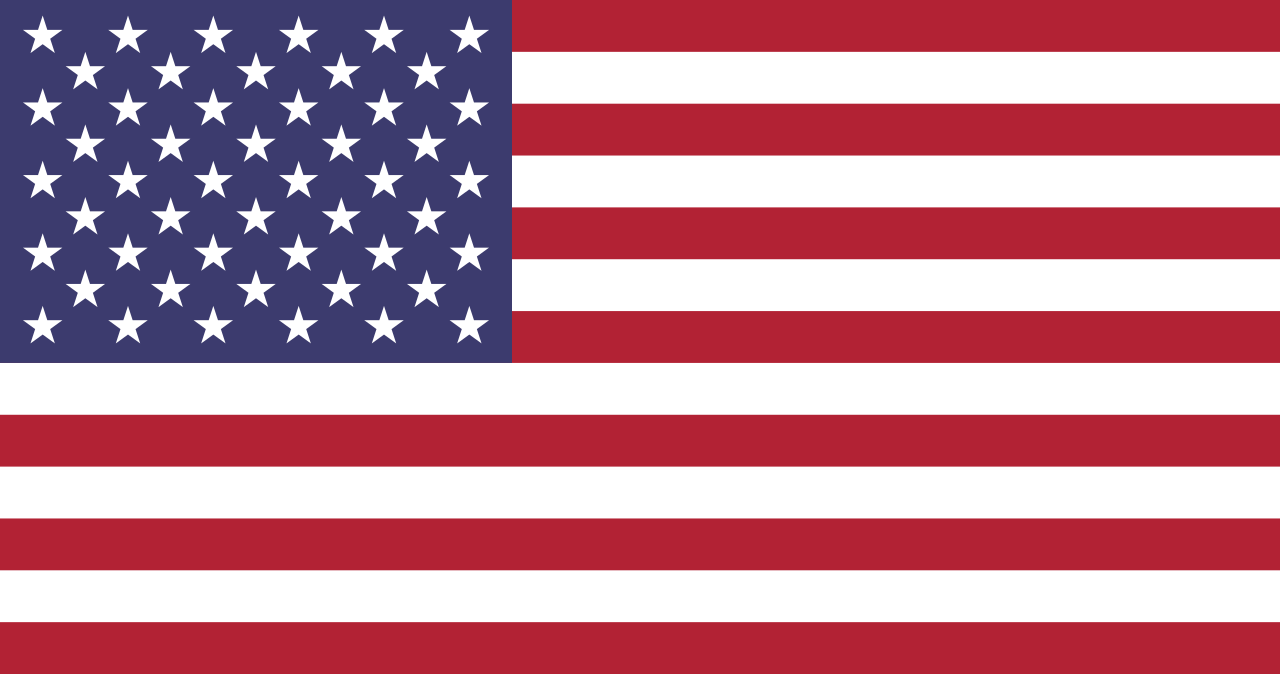The Civil War by Bruce Catton
It probably seems odd that after reading James McPherson’s nearly 900-page single volume history of the Civil War that I would then opt to also read Bruce Catton’s 400-page single volume history, simply titled, The Civil War. But let me explain.
As I continued to study the war, one name kept appearing over and over again, often accompanied by superlatives such as ‘greatest’, ‘essential’, ‘preeminent’, and ‘unsurpassed’. And that name was Bruce Catton. You’d be hard-pressed to find a Civil War reading list that didn’t include at least one of his titles. Often it was his 1953 work, A Stillness at Appomattox, itself the concluding book in his three-volume history of the Army of the Potomac. But you’d also come across books with similarly stirring titles such as, This Hallowed Ground, the Coming Fury, Terrible Swift Sword, or Never Call Retreat.
And this line from a Goodreads review of A Stillness at Appomattox stayed with me: “This is not a book. It is a holy thing. It's holy for what it says, how it says it and how well it understands it.”
OK, so who was Bruce Catton and why is he so revered by so many Civil War buffs?
Bruce Catton was born in 1899 in MIchigan and raised in the tiny town of Benzonia. In his memoir, Waiting for the Morning Train, Catton described how he listened to the stories of CIvil War veterans as a boy and remarked upon the impression that they made on his fertile young mind:
[These stories gave] a color and a tone not merely to our village life, but to the concept of life with which we grew up ... I think I was always subconsciously driven by an attempt to restate that faith and to show where it was properly grounded, how it grew out of what a great many young men on both sides felt and believed and were brave enough to do.
After serving in the Navy during WWI, Catton became a journalist, writing for a time for the Plain Dealer, the primary newspaper in my hometown of Cleveland. He continued in this vein for decades into WWII (where he was too old to fight but accepted a position as Director of Information for the War Production Board instead.
After the war, he founded a new magazine, titled American Heritage and it was here that he began to write more prolifically about American history.
In the 1950s, he wrote the trilogy that would make him famous, the so-called Army of the Potomac trilogy, winning both the Pulitzer Prize for History and a National Book Award for Nonfiction. Confusingly, these titles were later combined into a single-volume set titled, Bruce Catton’s Civil War, though that is not the book I read here.
In the 1960s, during the war’s centennial, he published another trilogy, the Centennial History of the Civil War, and that’s where many of those beautiful titles I listed above come from. These books delved further into the political, cultural and social issues surrounding the conflict, as opposed to the Army of the Potomac trilogy that primarily emphasized only the military side of the war.
Catton followed that up with a trilogy on Grant and wrote a great many others books throughout his career as well.
After reading so many accounts of people’s deep affection for his work, I trudged up to my local used bookstore and searched the shelves for any Bruce Catton I could find. On my first trip, I came across this book, simply titled The Civil War. As best as I can tell, I believe this volume is the originally titled, American Heritage Short History of the Civil War, published in 1960, which weaves military and political narratives into a somewhat brief account of the conflict.
I decided to read it for two reasons. Firstly, I wanted to experience Catton’s writing, even though it is not generally considered one of his classic works. Secondly, I wanted to see how a writer would piece together such a massive story across relatively few pages.
I’ve found that often times it can be hard to get a sense of the broad currents of an event when reading larger historical works because you get lost in so many details. Frequently, that bigger narrative makes itself known as I revisit the events in subsequent books (for instance, the Mexican War is discussed in numerous books I have read, though I only read one volume explicitly devoted to it), but I felt there was something to be gained by reading another single-volume take on the war that couldn’t afford to get bogged down in minutiae.
And so, what did I think of it? It was pretty good. An easy read. Though it was jarring to see an epic battle like Shiloh condensed into a couple of paragraphs. I had read Shelby Foote’s description of the battle before I abandoned his massive trilogy, and so going from an entire chapter on the battle (Foote) to a couple pages (McPherson) to a couple paragraphs (Catton) was interesting.
I will say this. I’m writing this review after having read A Stillness at Appomattox and it was in reading that book, that ‘holy thing’, that I sat up and said, “Ohhhhh, now I get it. Catton’s writing is incredible!” But that is another review.
All told, if one is looking to read a history of the Civil War in a week or less, you could do far worse than choosing this engaging, readable, and moving work.

